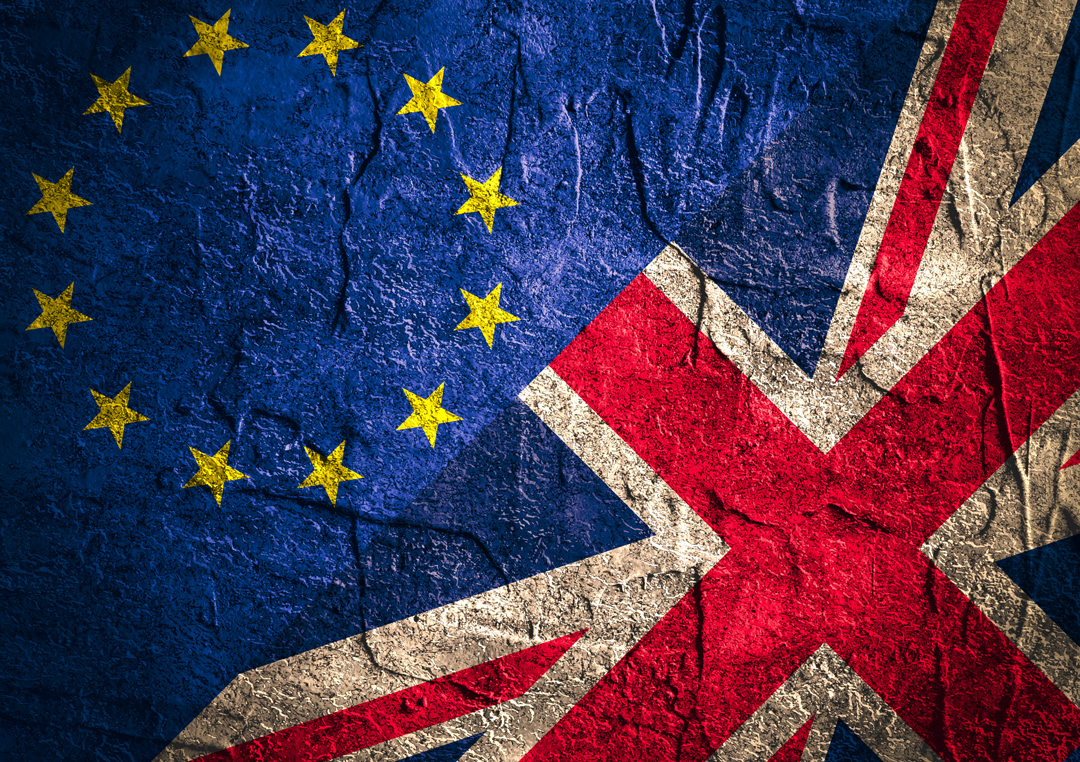What does Brexit mean for the web industry?
Does the UK leaving the EU spell certain doom for the web industry? We asked a range of designers working in both the UK and Europe.

After the recent UK referendum result and Brexit looming on the horizon, many British designers find themselves contemplating what the future may hold. But what exactly does the Brexit outcome mean for the web industry? Here, British and European designers have their say...
Hidden opportunities
"It brings a lot of uncertainty," says UX designer Anna Dahlstrom. "Right now I’m trying to find positives. The low pound makes it cheaper for clients outside of the UK to hire us and I hope that leads to working relationships that otherwise wouldn’t have happened. We’re a talented and creative bunch and Brexit isn’t changing that. Perhaps this mess will further fuel remote working and help bring more opportunities to areas of the UK where there currently are less.
Time to move?
Rachel Andrew, co-founder at Perch CMS says: "Many of the people I have spoken to since the referendum are seriously looking at moving all or part of their businesses into Europe – that includes everything from small companies like mine through to larger startups and big organisations. This is going to have an impact in terms of available jobs in the industry and the vibrancy of the UK tech scene.
Reinventing the wheel
"As the owner of an agency based in a non-EU country, I can say this much: hiring talent from outside is vital, and in Switzerland this has become very difficult," says Oliver Reichenstein, founder of Information Architects.
"Having offices in Berlin and Tokyo helps. In a financial depression agencies are the first to be hit, and the last to profit from an upswing. With today’s in- and far-sourcing trend, more UX designers and developers will continue to move to corporations, work as freelancers or temp staff. We will have to use our creativity upon ourselves and reinvent how we do business, maybe even letting go of the current model that was fit for the advertising industry. Brexit may accelerate the inevitable."
Lasting damage
Research director at Monotype Emma Boulton says: "As design professionals, my husband and I made a conscious decision a few years ago to start a business in Wales rather than overseas. We felt that the design industry here, in a UK embedded in Europe, was by far the best place for us.
"Wales has enjoyed an annual net benefit of £245m from the EU, some of which has enriched the digital and arts sectors here. It’s impossible to think of the UK in design terms without Europe. Our rich culture and heritage is interwoven and I can’t help but feel that we will see real and lasting damage by withdrawing."
Rise in costs
Those who encouraged voters to leave the EU characterised the institution as a redundant bureaucracy, holding us back and making our lives unnecessarily complicated," comments designer, author and web accessibility advocate Heydon Pickering. "This couldn’t be further from the truth. Unless we are able to negotiate a deal which preserves free movement, typically footloose workers such as web designers – who tend to travel and relocate frequently, dealing with international clients and organisations – will likely see rises in both the cost and the complexity of accessing the global marketplace."
Time for change
"We are in a crisis of a democracy," says designer and entrepreneur Lauren Currie. "Brexit was a backlash against the political elite and a reflection of the unrest that has been sleeping beneath the surface for decades. We need to spread the ability to motivate, educate, inspire and inform. Designers are a breed of craftspeople who have the ability to do this. Designers pride themselves in getting beneath the surface of a problem. Now is our chance. I often meet creatives who talk avidly about changing the world. Now is our time!
Money is tight
Left Logic founder Remy Sharp says: "In running an event and needing sponsorship, we’ve seen a disproportionate number of companies turning us down, explaining that they’re reviewing their entire budget process. Money is tight. Personally, I’ll be looking for work that will benefit from a weak GBP. Then there’s our non-UK colleagues who suddenly don’t know whether they’ll remain in the UK, as much as they love the country. Leaving the EU feels like we’re closing a door. This is unlike our industry. Unlike the web."
This article originally appeared in net magazine issue 284; buy it here.

Thank you for reading 5 articles this month* Join now for unlimited access
Enjoy your first month for just £1 / $1 / €1
*Read 5 free articles per month without a subscription

Join now for unlimited access
Try first month for just £1 / $1 / €1
Get the Creative Bloq Newsletter
Daily design news, reviews, how-tos and more, as picked by the editors.
Oliver is an independent editor, content consultant and founder of Pixel Pioneers. Formerly the editor of net magazine, he has been involved with the web design and development industry for more than a decade and helps businesses across the world create content that connects with their customers. He is passionate about content, user experience, accessibility and designing for social good.
